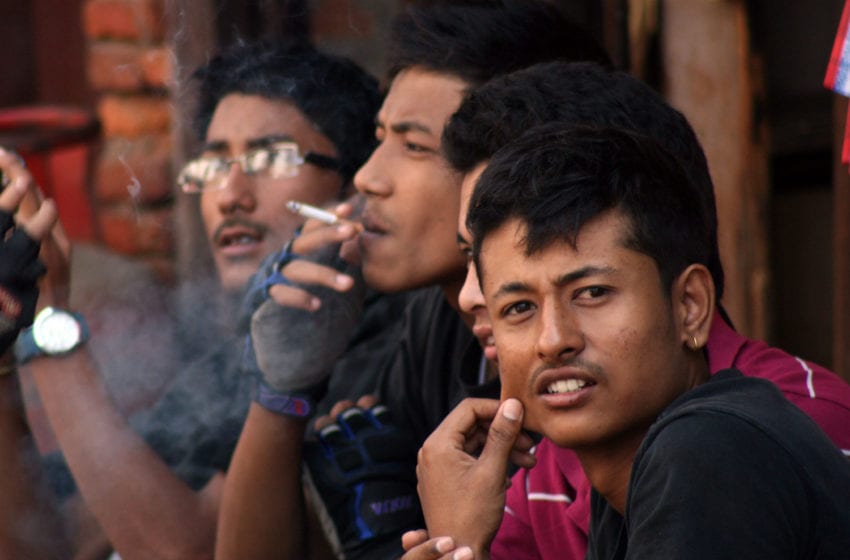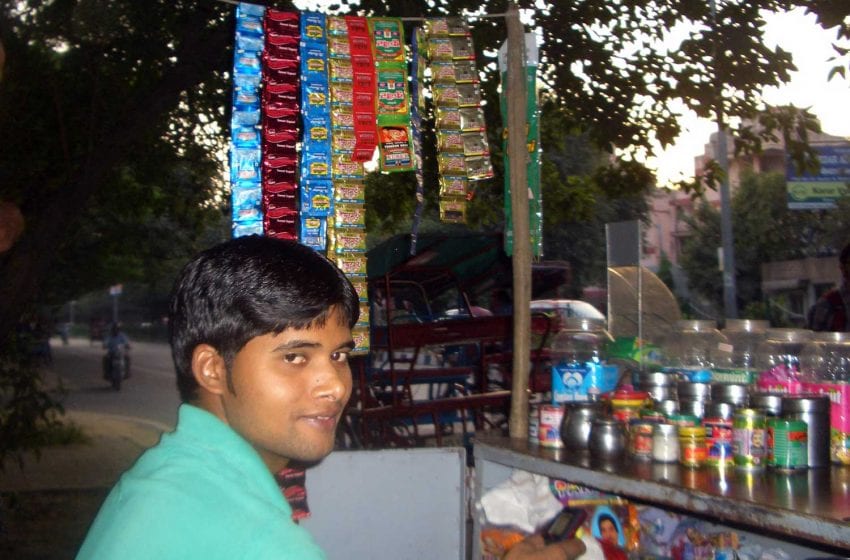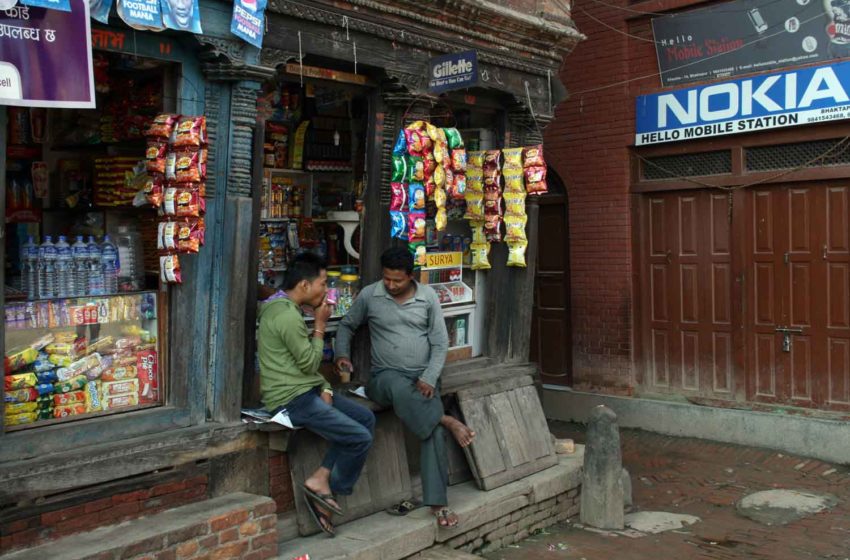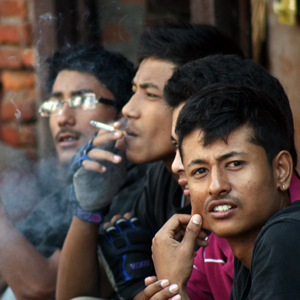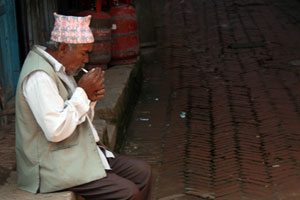A recent survey revealed that 34.1 percent of the population uses tobacco in any form.Read More
Tags :Nepal
Tobacco firms are preparing to pack their products in biodegradable packages. Read More
The measure will apply not only to cigarettes but also to local tobacco products. Read More
The additional funds could be used to hire more health workers in Nepal.Read More
The ban will cover cigarettes, bidis, cigars, as well as chewing tobacco and gutka. Read More
A gift from the former Soviet Union, the Nepalese company has been idle since 2013. Read More
Nepal will not await the outcome of a legal challenge to its first bidding round.Read More
People are often told that, if they don't succeed, they should try, try again. But this should be the case only if, after the initial failure, they examine honestly what went wrong.Read More
If a few local governments fail to file tobacco-control reports, their systems should be checked, but if all of them so fail, it is the perceived value of the reports that should be examined.Read More
Unreasonable regulation will mostly be challenged, and a requirement for 90 percent tobacco-package health warnings that appear on all but one face seems unreasonable. Read More
